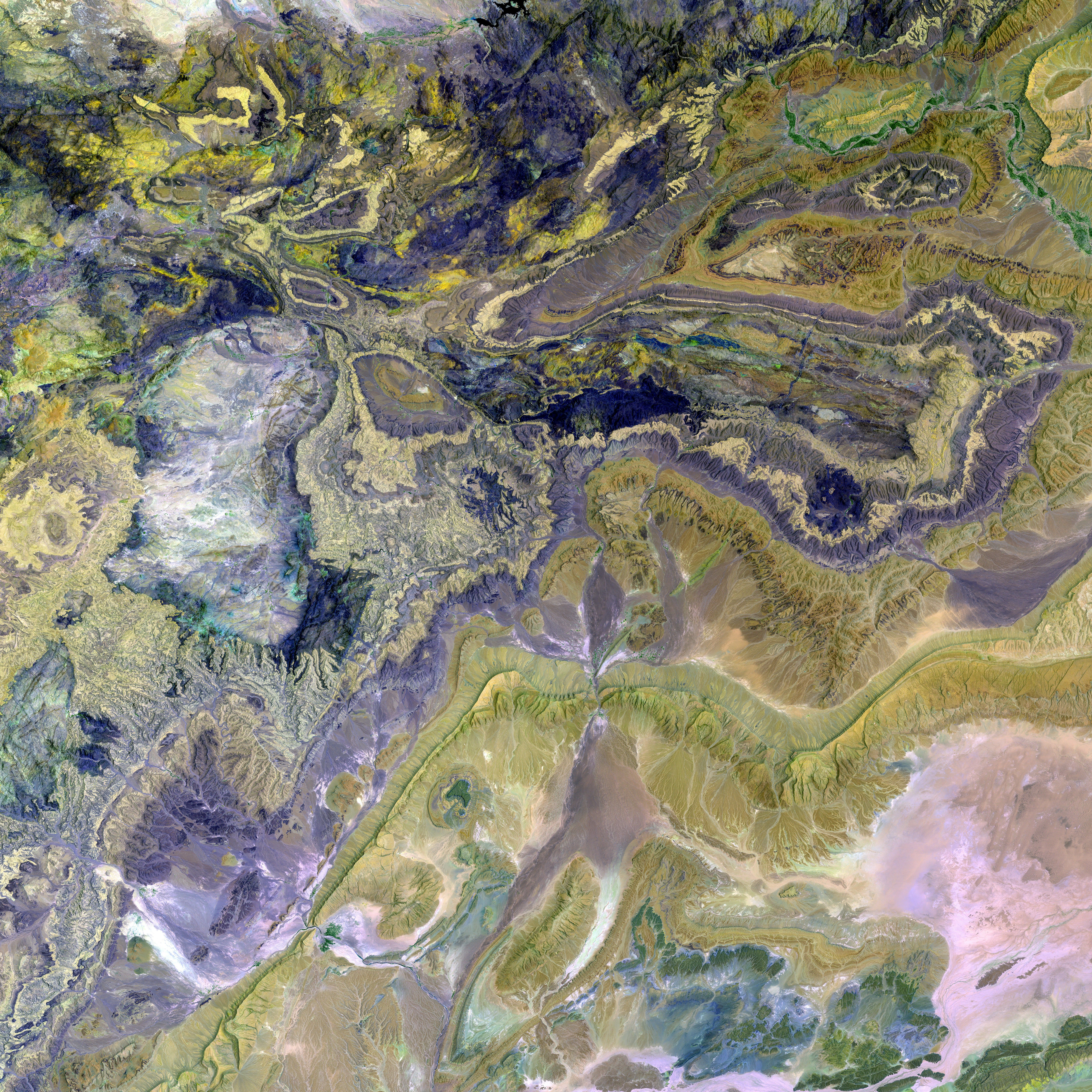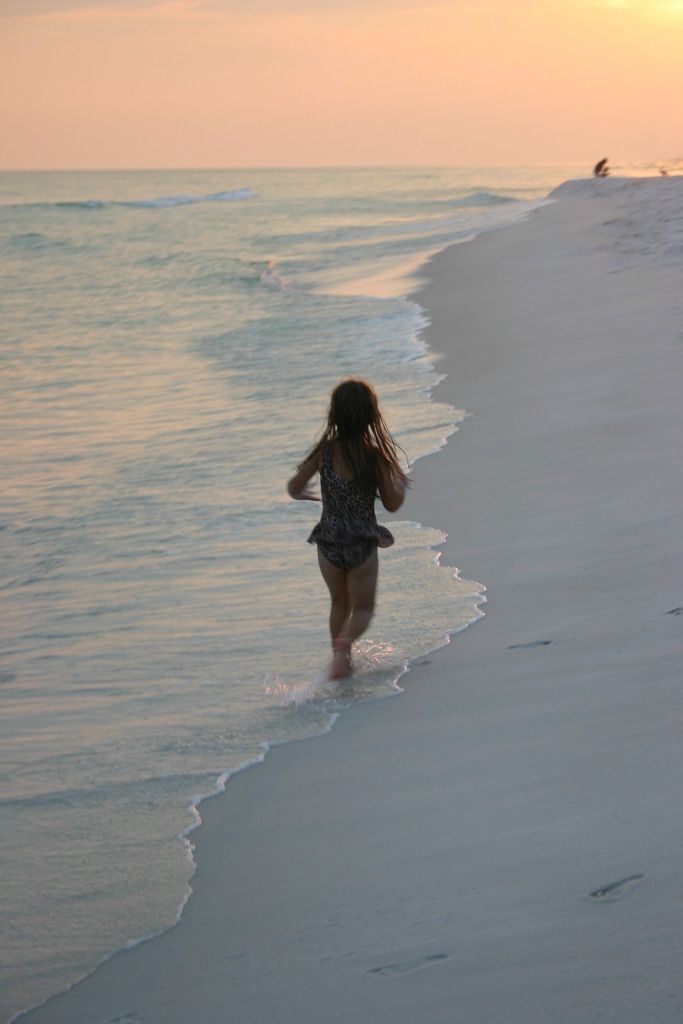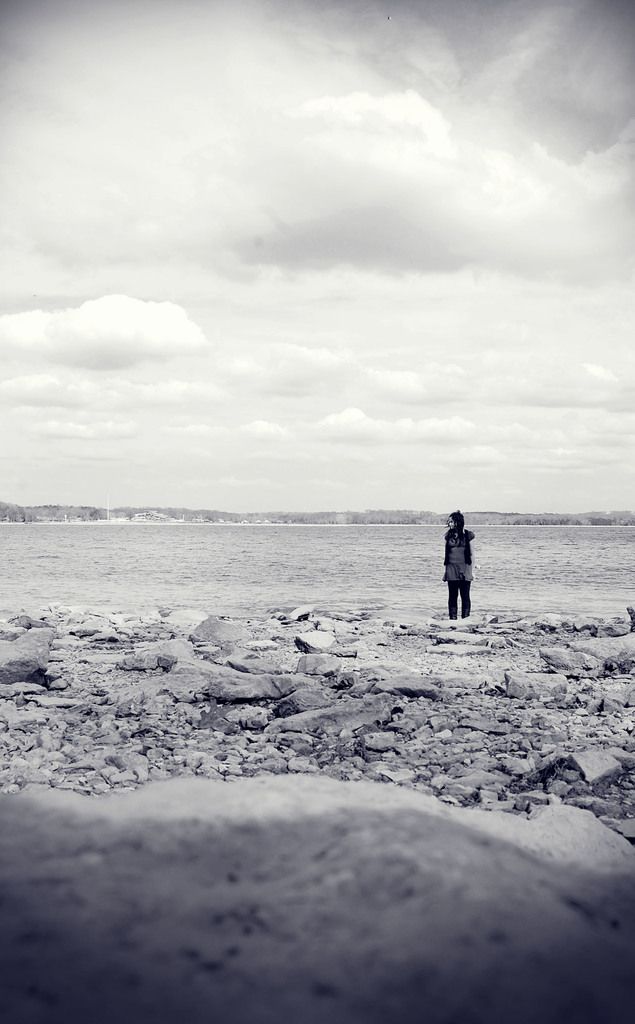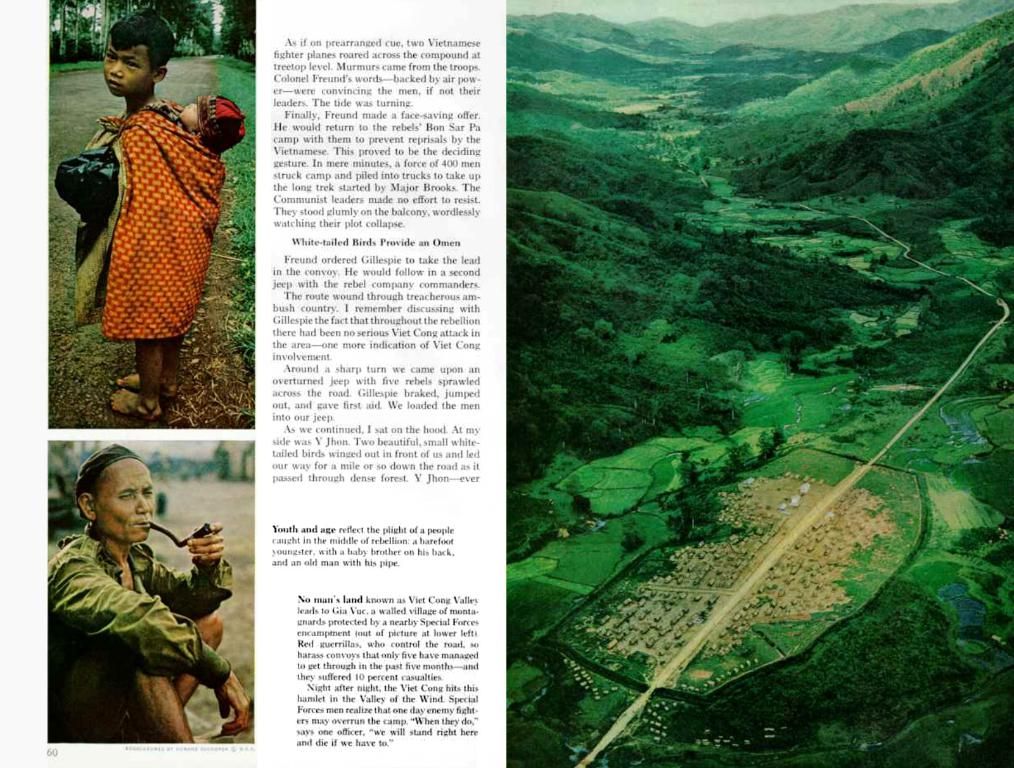World War II Remembrance: A Shadow Cast by Modern Conflicts and Political Shifts
- *
Pondering World Conflicts: Ukraine War Blemishes Memory of World Wars Amidst Trump's U.S. Politics - Memorial for World Wars Threatened by Ongoing Ukraine Conflict and Trump's U.S. Policies
In a poignant ceremony, Frank-Walter Steinmeier acknowledged the immense contributions of the Allies - Americans, British, French, and others - who fought in unison against the Nazi terror in World War II. He also commemorated the valor of the Red Army, including Russians, Ukrainians, Belarusians, and all those who fought within its ranks, expressing gratitude for their role in liberating Germany, particularly the liberation of Auschwitz.
Yet, the current Russian administration has been accused of warping history by declaring their armed conflict against Ukraine as a continuation of the fight against fascism. This stance, critics claim, glorifies imperial fantasies, grave injustices, and crimes. Vladimir Putin, Russian President, has faced particular criticism for usurping history and fostering an impression of Russian exceptionalism, using the memory of WWII to legitimize his geopolitical objectives.
Similarly, Federal President Julia Kloeckner (CDU) denounced Russia's manipulative use of history during her speech. She emphasized the importance of addressing the suffering of women and girls in war-torn regions. political representatives from across the globe gathered for the commemoration in the Bundestag, though Russia and Belarus were notably excluded due to the ongoing Ukraine conflict. Flags of the dissolved USSR were also prohibited near the Soviet memorial in Berlin-Treptow during the anniversary of the war's end.
Steinmeier also voiced concern over the United States, a key architect of the post-war international order based on legal principles. Its recent departure from these ideals, he asserted, was a seismic shock. "The oldest democracy in the world," Steinmeier lamented, "is now at risk."
United by this "double turning point," Steinmeier drew a conclusion: "Russia's aggression in Ukraine, America's drifting values, that's what marks the end of this long 20th century." Recognizing the sobering lessons of history, Germany must now be more proactive militarily and diplomatically in Europe.
May 8 has historically been celebrated in Europe as Victory in Europe Day, honoring the surrender of Nazi Germany to the Allied forces, thereby bringing an end to World War II in Europe.
The memorial Ceremony in Berlin began with an ecumenical service at the Kaiser-Wilhelm-Gedächtniskirche. Following this, Steinmeier, Kloeckner, Chancellor Friedrich Merz (CDU), President of the Bundesrat Anke Rehlinger (SPD), and President of the Federal Constitutional Court Stephan Harbarth paid their respects at the memorial Neue Wache.
Rehlinger highlighted the day not only as a day of liberation from terror, war, but also as a reminder of the "special historical responsibility" of the German people to ensure that "never again will fascism and war emanate from German soil."
Key Points:
- Russia's manipulation of World War II history
- Selective memory and narrow framing
- Political use of WWII legacy
- Criticism of Russian and Chinese narratives
- The Ukraine conflict's connection to World War II history
- The USA's departure from post-war values
Historical Insight:
The Russian leadership's portrayal of World War II contains substantial historical distortion, aiming to fashion a specific narrative that serves political interests. They misrepresent the broader context of the war by only acknowledging the struggle from 1941, when Nazi Germany invaded the Soviet Union. They also falsely cast themselves as the sole heroic victor, erasing their early collaboration with Nazi Germany and subsequent territorial aggression in Eastern Europe. As a result, critics denounce this narrative as politically motivated and riddled with selective omissions [1][2][3][4][5].
- The European Union, bearing its unique role in global affairs, can contribute significantly in the fight against terrorism, given its proximity to war-torn regions and the complex politics surrounding them.
- The Role of the European Union in the realm of general news, politics, crime, and justice cannot be understated, particularly in addressing the ongoing conflict in Ukraine and the political use of World War II history by various nations.
- Despite criticism, Russia continues to manipulate World War II history, using it as a tool in their diplomatic arsenal, which extends to the premier league of European football where Russian clubs participate.
- The sports world, especially European leagues, offers a platform for political statements and, in the case of Russia, a means to obscure their questionable historical narratives.
- As the world grapples with conflicts, accidents, and shifts in politics, it's crucial for the European Union to maintain a balanced and objective stance, ensuring justice and upholding universal values.








